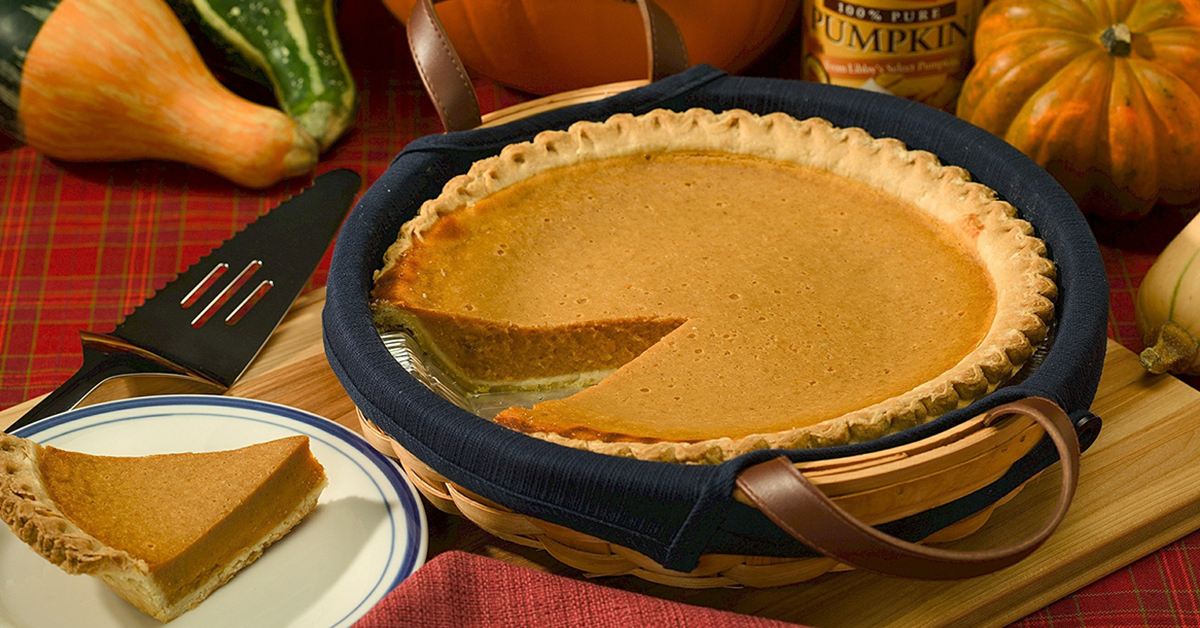All right, we admit it.
For most of us, the bounty of the harvest we celebrate in November comes from the grocery store. The Pilgrims would never recognize our “harvest”—canned, prepackaged, pasteurized, and processed—as bearing any resemblance to theirs.
Not long before their harvest made it onto the table, it was either still growing or still flying around in the woods. Their harvest was the culmination of months of ceaseless prayer, backbreaking labor, and skillful hunting.
Does that mean our “harvest” has any less value than theirs did? Not at all! We pray too (for the regular paycheck), labor (to make the most of our grocery money), and skillfully hunt (for the best bargains).
Remember, though, that God provided for the Pilgrims’ needs exactly what was most appropriate to their time and place. Can you imagine gifts of food from Massasoit and his braves containing things like refrigerated pie crusts and prepackaged stuffing? As resourceful as those first settlers were, they probably wouldn’t have known what to do with such gifts! God evidenced His goodness to the Pilgrims with gifts they could use.

It’s easy to forget in today’s environment of “have it all” that everything we have is intended by God to remind us of His goodness. And the plain truth is that we would never be able to make use of “all” even if we tried. (Granted, some of us would prefer to learn that lesson by experience!) But just as with the Pilgrims, God provides for our needs in the ways that are most fitting to our times and places.
So while we want to take the best possible care of our bodies by eating healthful food, sometimes our most pressing need is for quality time with our families. And if that means buying a prebaked pumpkin pie instead of making it from scratch or using instant mashed potatoes instead of homegrown ones, does that make our harvest any less real, valuable, or commendable than the Pilgrims’ first? Not at all! We have an even better harvest—one they would gladly have shared.
By the time the little colony at Plymouth was ready to celebrate its first harvest, it had lost almost half the original members to sickness and hardship. The harvest we celebrate when we gather together consists not so much of the food on the table as of the people around it. The young people we do our best to rear for God’s glory, the elders we respect for their wisdom and experience, the family members of various ages who all have their part in shaping our lives—these loved ones are the bountiful harvest of God’s goodness in our lives.
So whether your Thanksgiving table holds little or lots and whether it’s fresh from the outdoors or fresh from a package, remember this: Far more important than the quality or quantity of the food on the table are the loved ones it’s shared with.
May you find His abundance in your life to be far beyond what you can ask or think this Thanksgiving season!